Laser in dentistry minimizes the need for stitches and anesthesia. It also reduces bleeding, bacterial infections, and healing time.
How Laser Dentistry Procedures Work
Lasers use beams of light at different wavelengths. They can serve as a cutting instrument, heat source, or tissue vaporizer during dental procedures. Their function depends on the type of procedure performed.
Each wavelength delivers a heat output, which allows dentists to calculate how it should interact with a particular tissue.
Different types of dental lasers can be used to treat different dental issues. One of the most common types of dental laser is the diode laser.
Diode lasers are used to address soft tissue problems. Lasers emit bright light, so your dentist will provide you with special glasses to protect your eyes.
Using lasers for dentistry shortens and makes procedures more comfortable for patients. You and your dentist discuss which specific type to be used after your comprehensive examination.
Uses of Laser Dentistry
Soft tissue sculpting. With the help of lasers, your dentist can quickly and accurately remove excess tissue with minimal pain, bleeding, or swelling.
Crown lengthening. Lasers are also used to lengthen the crown. Crown lengthening can be necessary to fix damaged or decayed crowns or fix a gummy smile. The goal is to show more of the crown.
Teeth whitening. Laser teeth whitening uses heat coming from lasers to speed up the whitening process. The laser activates the bleaching agent and helps improve the treatment results.
Tooth preparation. Lasers also help during tooth preparation. They can sanitize and kill oral bacteria in the treatment area, which reduces the need for anesthesia and drilling.
Advantages of Using Dental Lasers
Here are some of the advantages of lasers for dental procedures.
- ncreases patient comfort. Dental lasers reduce the need for anesthesia as they’re extremely accurate tools.
- Helps reduce anxiety. Dental lasers also help reduce anxiety related to dental procedures as they perform quietly. They don’t produce the buzzing sound that makes some patients feel uneasy.
- Shortens treatment time. Using dental lasers is faster than the typical drilling procedure. This helps shorten the time that you spend on the dental chair.
- Reduces complications. Since lasers are accurate, they’re less likely to cause cracks or fractures to the teeth.
- Less invasive. Using dental lasers helps preserve more of the underlying tissue and the tooth enamel during procedures.
Safety When Using Dental Lasers
Dental lasers are safe to use. Here in our dental office in Calgary, we take necessary precautions to ensure your safety. We walk you through the type of dental laser we will use and answer any questions you may have prior to your procedure.
Lasers are minimally invasive and reduce the frequency or need for post-operative visits. They increase patient satisfaction during treatments. They make you feel better faster!
If you need further information about dental lasers, contact our team at (587) 355-6968. Or click below to book your initial consultation and learn more about how laser dentistry works and whether it’s for you too.





